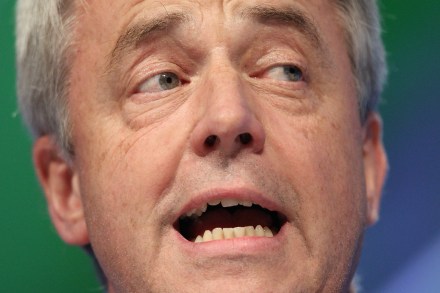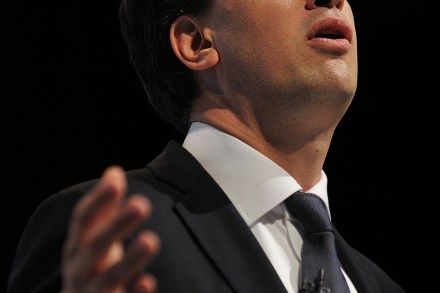Lansley’s battle should’ve never been fought
A small war has broken out over Lansley’s NHS Bill — ConservativeHome has three Cabinet members attacking it. I find that shocking. At least a dozen want the Bill killed, and why ConHome found just three is beyond me. Politically, it’s probably impossible for Cameron to drop it. But if it was torn up, I for one would shed no tears. For what it’s worth, here’s my take. It’s depressing to think that Alan Milburn’s NHS Plan of 2000 was both more radical and more sensible than what Andrew Lansley is serving up now. The whole debacle has shown politics at its most petty, partisan and pointless — a complete




















